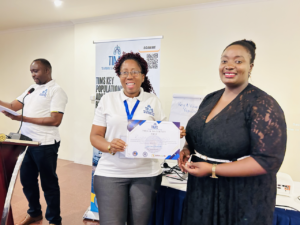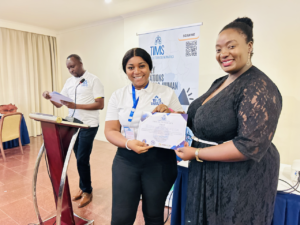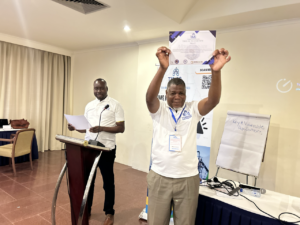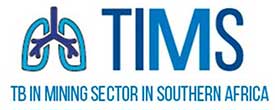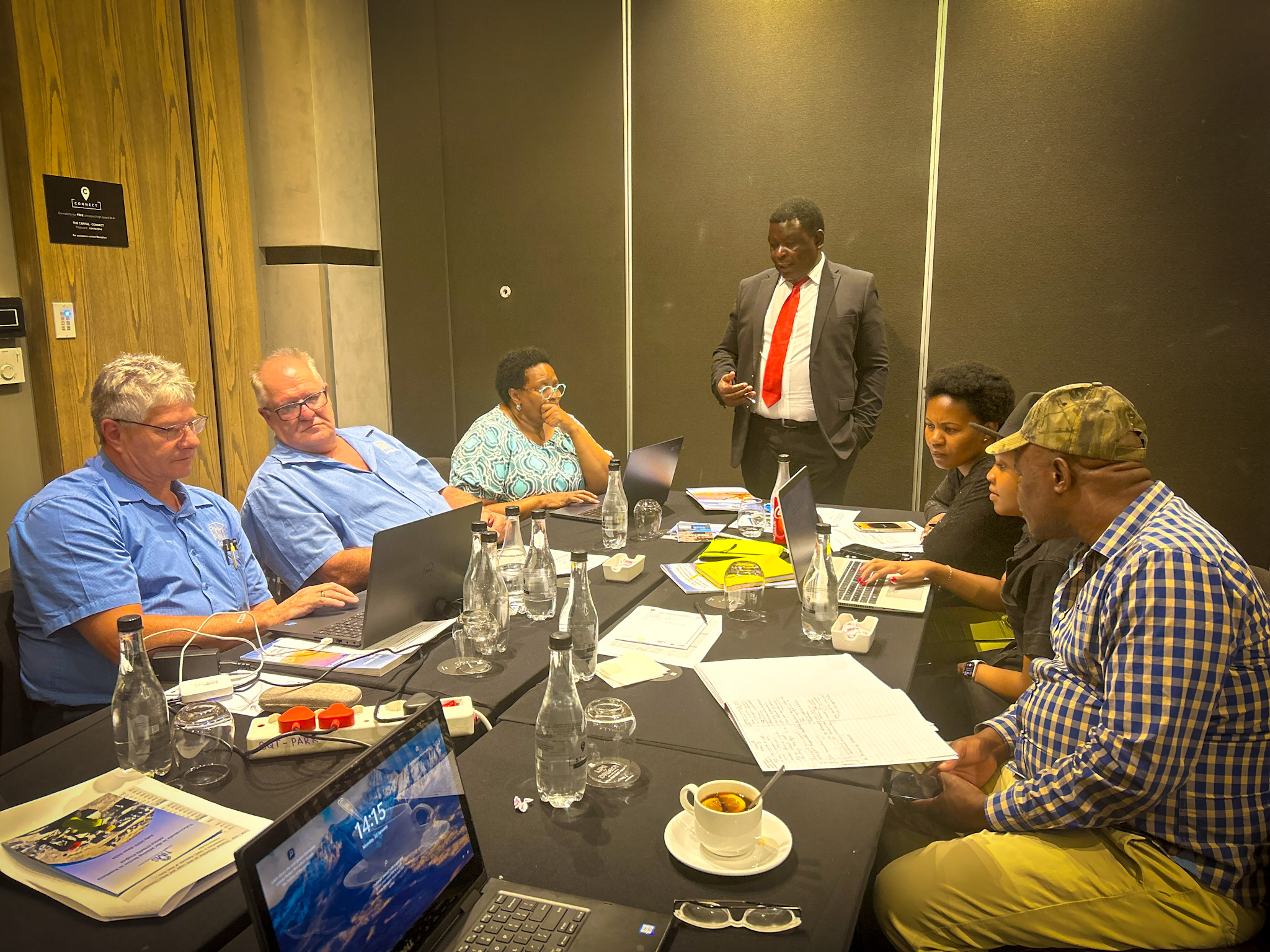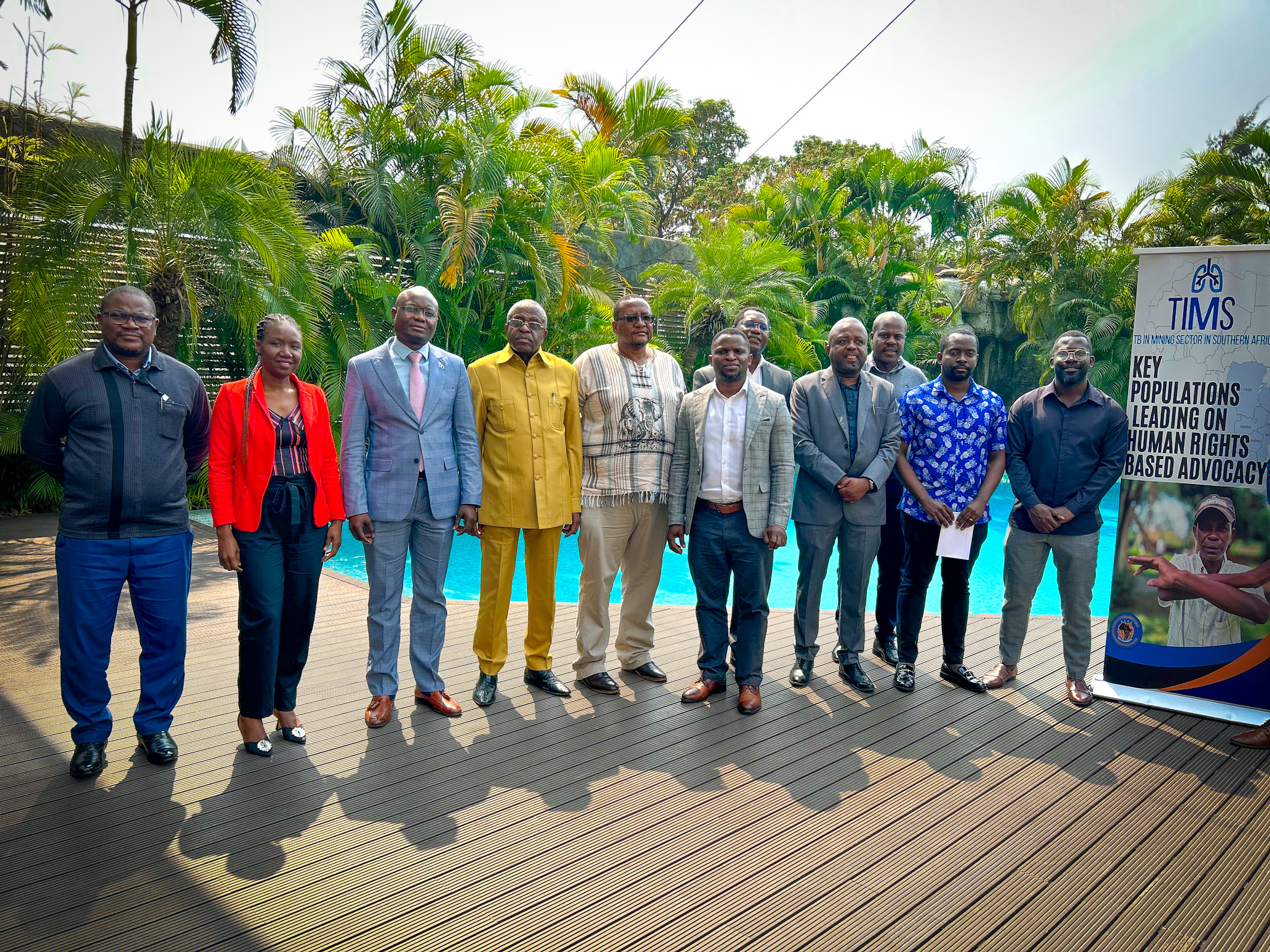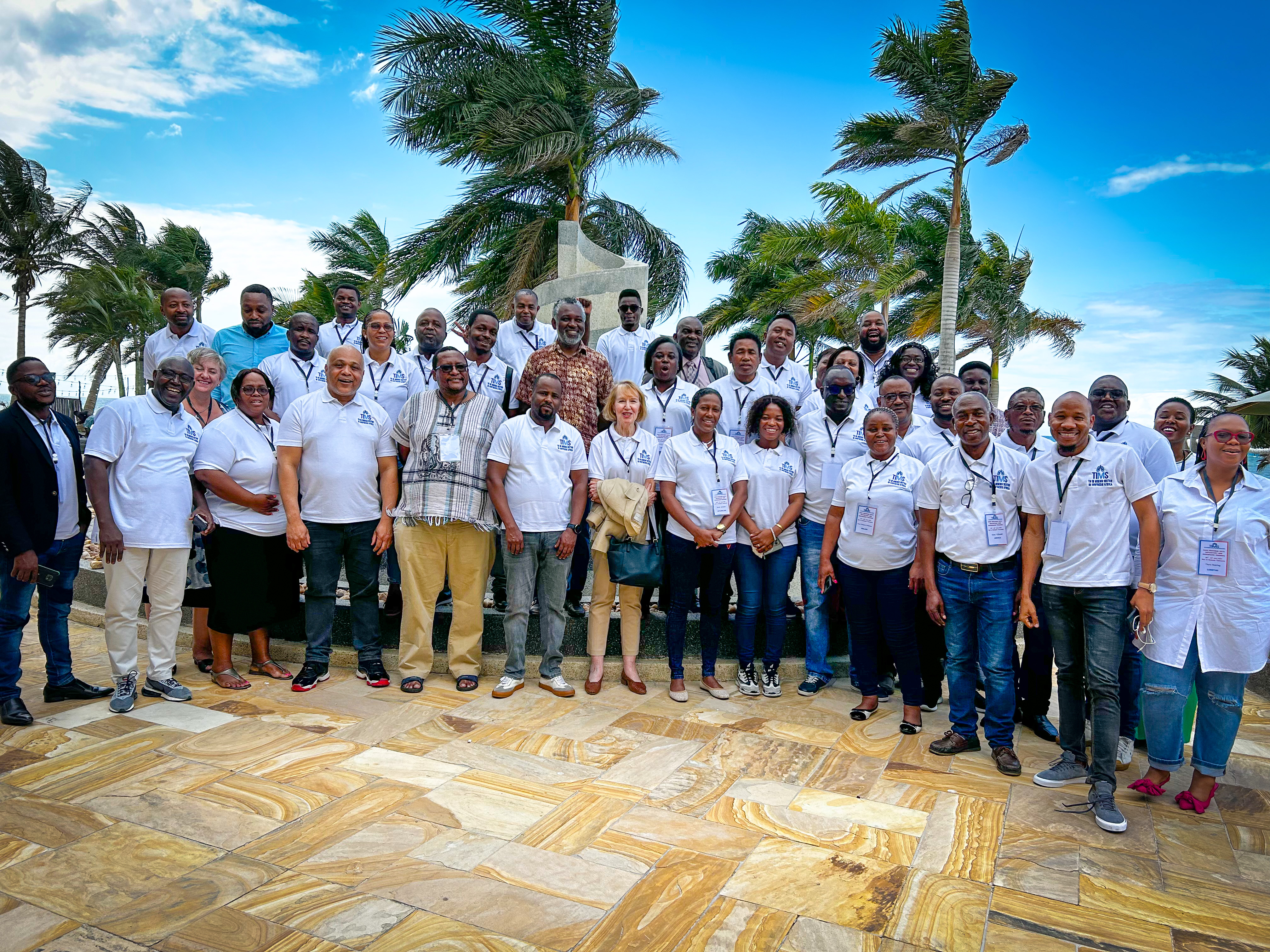In a significant advance towards enhancing Mine Health and Safety (MHS) standards across the Southern…
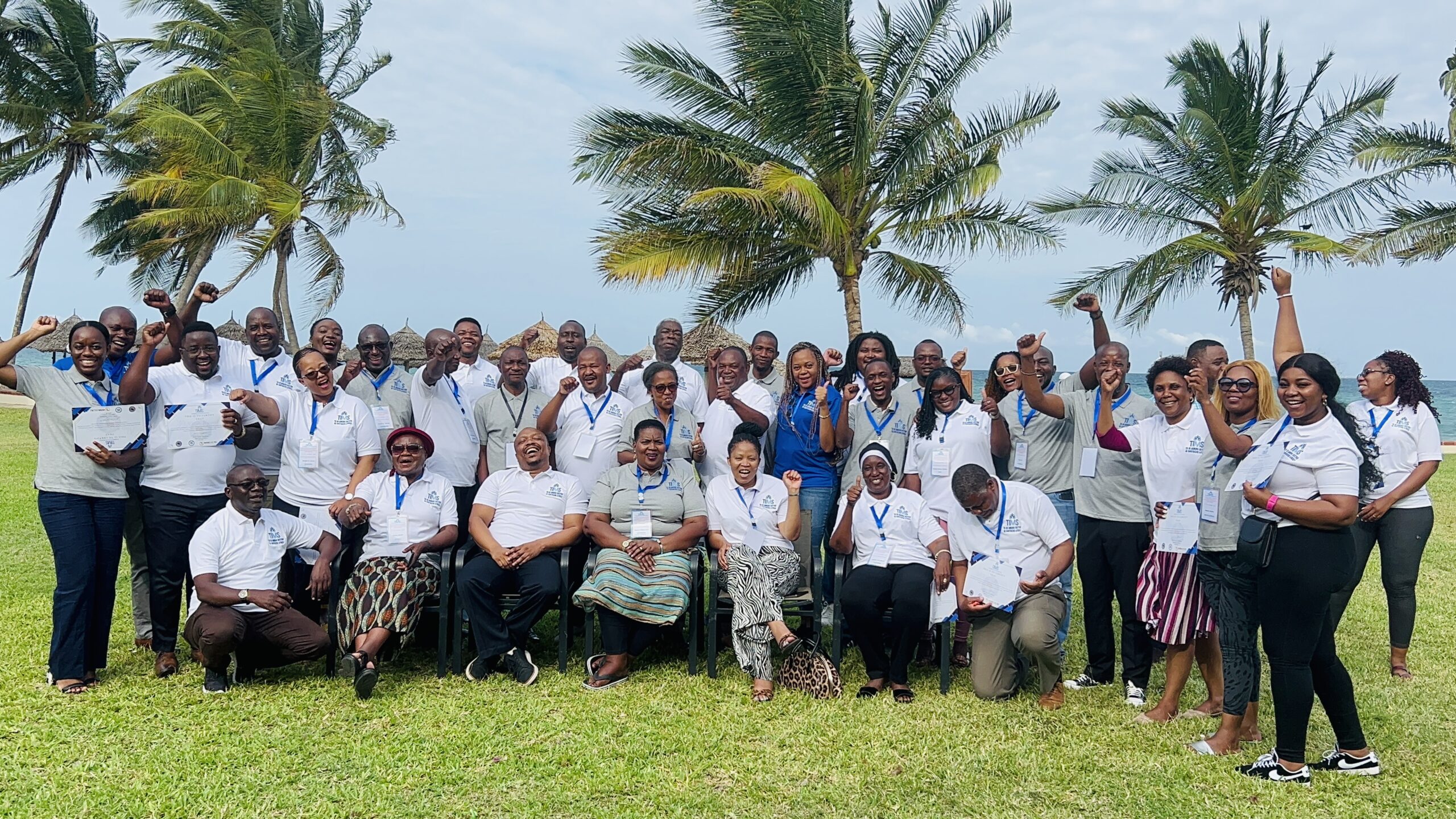
Empowering Key Populations: Unveiling the Beacon of Change in TB and Human Rights Advocacy in Southern Africa’s Mining Sector
In the dynamic landscape of public health within the SADC countries, Tuberculosis (TB) persists as a pressing concern, particularly among the Key Populations (KP) engaged in the mining sector. This group, consisting of miners, ex-miners, women in mining, artisanal and small-scale miners, as well as communities residing in proximity to mining areas, bears the highest burden of TB globally. Their vulnerability is exacerbated by various factors, including migration, subpar health and safety conditions within mines, and limitations in TB prevention and treatment. Adding to the complexity is the emergence of drug-resistant TB and the increased movement of individuals between mining sites and rural communities. To combat this multifaceted issue, it is imperative that interventions aimed at addressing TB in mining communities in southern Africa tackle these root causes head-on.
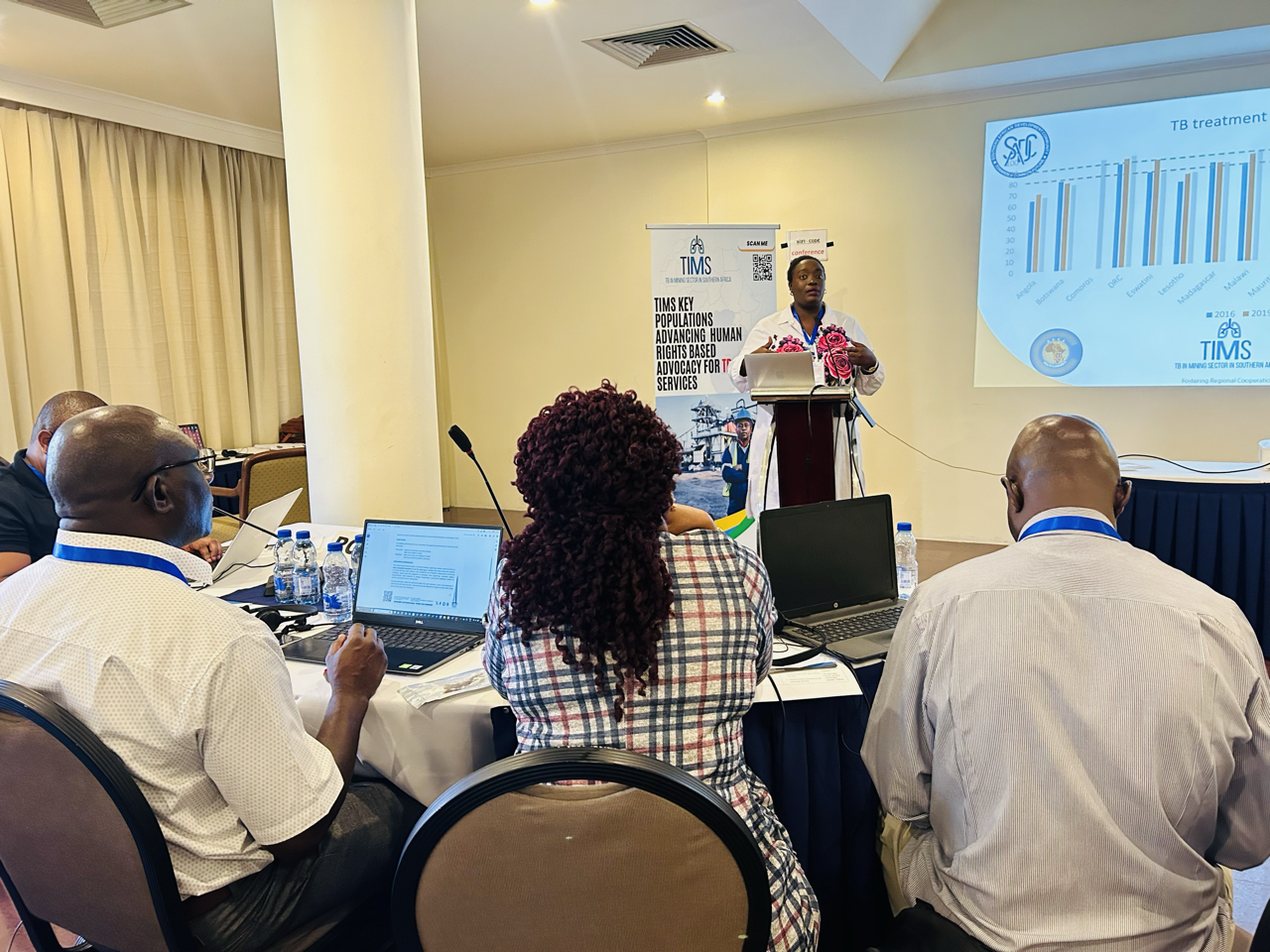
to address this issue, there is a critical need to empower these KP organisations and Civil society organisations (Csos) implementing TIMS, with the knowledge and skills to engage in evidence-based advocacy, policy dialogues, and programming that uphold human rights principles, Ms Anita Kyaruzi-Gender and Human Rights Specialist (ECSA-HC)
The Tuberculosis in the Mining Sector in Southern Africa, Phase III project (TIMS III), stands as a beacon of hope, with its mission to alleviate the burden of TB among these Key Populations. Central to this effort is ensuring that they have unimpeded access to high-quality TB prevention and treatment services, coupled with improved working and living conditions. Yet, achieving this ambitious goal hinges on empowering the organizations representing these Key Populations and Civil Society Organizations (CSOs) responsible for implementing TIMS. This empowerment is rooted in equipping them with the knowledge and skills essential for engaging in evidence-based advocacy, fostering productive policy dialogues, and crafting programs that are firmly grounded in the principles of human rights.
Recognizing this need, ECSA-HC took a proactive stance by orchestrating a comprehensive training program for these Key Population organizations and CSOs from the 11th to the 12th of October, in Dar es salaam, Tanzania bringing together 35 participants hailing from various Key Population organizations and Civil Society Organizations (CSOs) in the SADC region. The goal was to bridge the knowledge gap, providing them with the tools to conduct evidence-based advocacy and to develop policy briefs that can guide constructive policy dialogues with stakeholders. Through this concerted effort, it is envisioned that programs will be designed and executed with a steadfast commitment to the principles of human rights. In a world where health and human dignity are intertwined, the TIMS III project, alongside the dedication of ECSA-HC, paves the way for a brighter and healthier future in the mining communities of southern Africa.The workshop’s overarching objective was to ensure that Key Populations (KPs) gained an enriched understanding of TB’s intricate dynamics within the mining sector and, equally crucial, its profound implications for human rights. Over the course of these two days, participants delved into the multifaceted world of TB, mining, and human rights, bolstering their grasp of these interwoven concepts.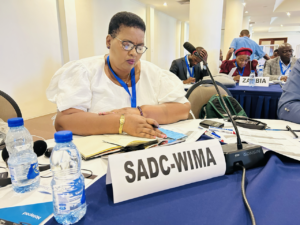
Chairperson of SADC women in Mining association, Nametso Ntsosa said the workshops was fruitful for her while pledging to share it with their fellow associations when she returned to Botswana. The knowledge which we have fetched here in the training will not benefit only us, but many other targeted groups back in our work- ing areas,” she said
One of the standout achievements of this gathering was the enhancement of advocacy skills. Participants were immersed in a dynamic learning environment, where they honed their practical advocacy abilities. This skill set, armed with powerful tools and strategies, empowers them to effectively influence policy and practice. The ultimate goal? To amplify the engagement of Key Populations in TB-related policy dialogues, both at the national and regional levels.
The heart of the workshop lay in its interactive group work sessions, punctuated with real-world case-solving scenarios. These scenarios allowed participants to grapple with and resolve key challenges faced by Key Populations. Armed with newfound knowledge and insights, they were able to identify the most appropriate channels for addressing these issues. Additionally, they learned how to engage with stakeholders, connect with policy makers, and hold duty bearers accountable, all with the potential to instigate transformative change.
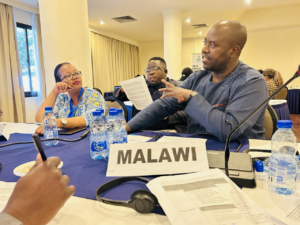
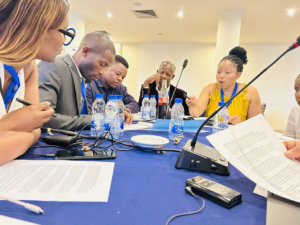
The culmination of this intensive and enlightening experience was the formation of advocacy plans. These plans, meticulously crafted, now stand as the starting point for a wave of positive change. Armed with their newfound knowledge and honed advocacy skills, participants are poised to be the driving force behind transformative shifts in the landscape of TB within the mining sector. In a world where health and human rights are inseparable, these dedicated individuals are the architects of a brighter, healthier future for Key Populations.
